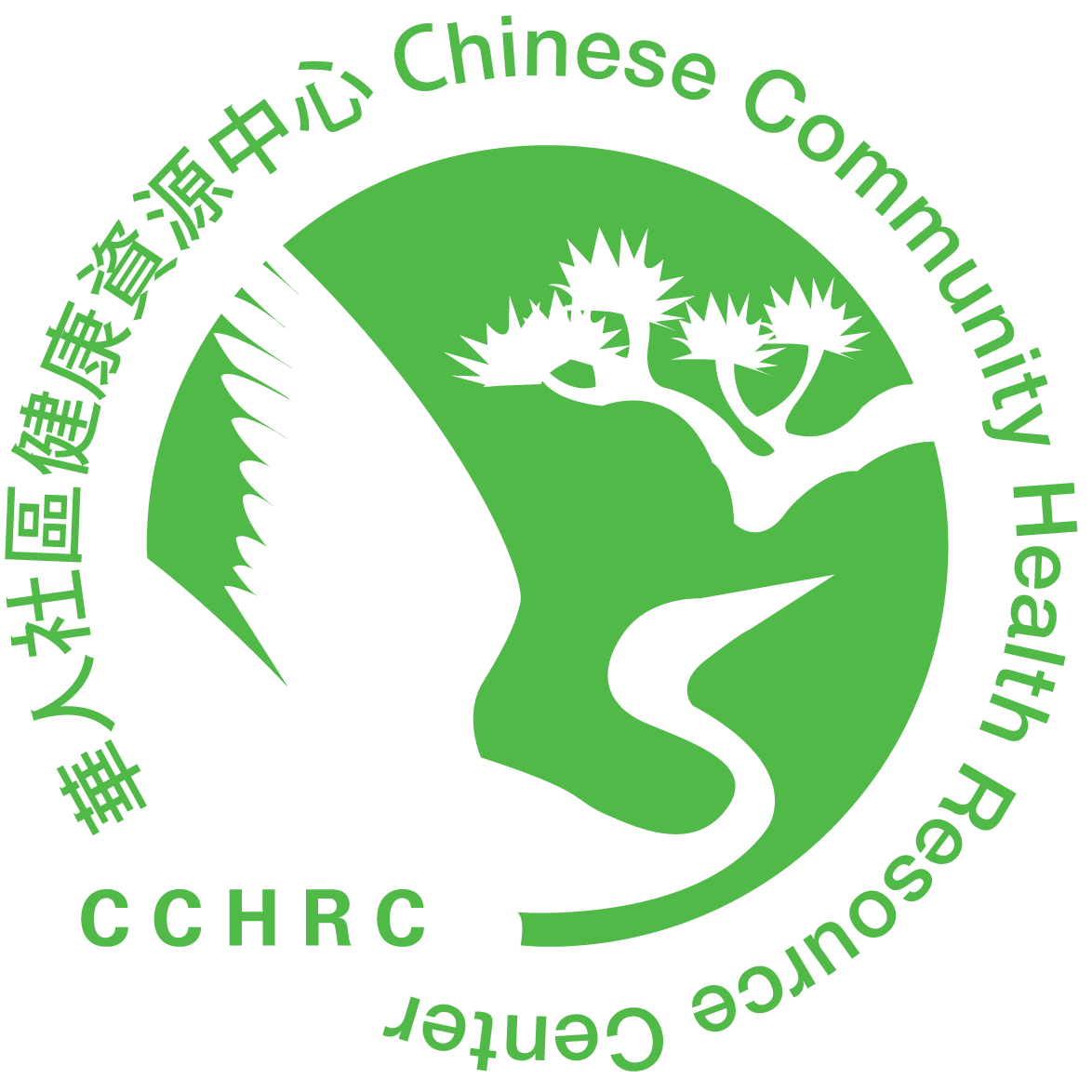Stroke, also known as “brain attack”, is the 5th leading cause of death and among the leading causes of long-term disability in the U.S. A stroke can cause permanent brain damage, affecting both mental and bodily functions.
What is a Stroke?
A stroke occurs when a blood vessel in the brain either bursts or becomes blocked. Blood flow to the brain is disrupted. Without oxygen and nutrients carried by the blood, brain cells begin to die within minutes. This can lead to neurological problems such as impaired speech, vision, and movement, and as well as paralysis and coma. A severe stroke can be fatal.
Types of Stroke
Ischemic strokes are caused by blood clots which block blood flow in or leading to the brain. Blood clots form most often in the arteries damaged by atherosclerosis, a disease in which the artery walls become thick and lined with fatty deposits (plaques). About 80% of strokes are ischemic strokes.
Hemorrhagic or bleeding strokes are caused by the rupture of blood vessels in the brain and are usually more serious. Hemorrhagic strokes are more often caused by high blood pressure or a ruptured aneurysm (a balloon-like swelling in the wall of an artery).
Warning Signs of a Stroke
- Sudden numbness, weakness, or tingling of the face, arm, or leg, especially on one side of the body
- Sudden slurred or loss of speech or trouble understanding simple statements.
- Sudden blurred or loss of vision, in one or both eyes
- Sudden severe, unexplained dizziness, unsteadiness, or lack of coordination.
- Sudden severe, unexplained headache
Sometimes a “mini stroke” or a TIA (transient ischemic attack) may occur days, weeks, or months before a major stroke. The symptoms usually last a few minutes. Do not ignore these signs. Seek medical attention promptly to prevent a fatal or disabling stroke from occurring.
Diagnosis of Stroke
A medical history, as well as physical and neurological exams enables a physician to confirm the diagnosis and assess the damage. Your doctor may order other diagnostic tests such as CT scan or MRI of the brain to give a more detailed picture of the injured area.
Risk Factors for Stroke
- Age – 2/3 of all strokes occur in people over 65
- Sex – women are more likely than men to have a stroke
- Race – non-whites have a greater risk than whites
- A prior stroke or heart attack
- Cigarette smoking
- High blood pressure
- Obesity
- Heredity
- Diabetes
- High cholesterol level
- Atrial Fibrillation (AF) – a heart condition marked by rapid, irregular heartbeat. AF increases the formation of blood clots in the heart
- Carotid Artery Disease – narrowing of the main arteries in the neck which supply blood to the brain due to plaque build up
- Heavy alcohol consumption
Prevention of Stroke
- Control blood pressure – keep blood pressure below 120/80
- Control diabetes
- Lower cholesterol level, specifically the harmful “LDL” cholesterol. Consider cholesterol lowering drugs for persons with a history of heart disease or heart attack.
- Stop smoking
- Do not use drugs
- Control weight
- Manage stress
- Exercise regularly
- Follow diet low in fat and sodium (salt), high in fruits and vegetables
- Limit alcohol consumption – fewer than 2 drinks a day (One drink = 12 oz. beer or 5 oz. wine or 1.5 oz. liquor)
- Take prescription medications to treat Atrial Fibrillation. Commonly prescribed are anti-clotting and blood thinning medications.
- Consider these surgical procedures
- Carotid Endarterectomy – to remove plaque from the carotid arteries.
- Angioplasty and Stent –to open up the carotid arteries. May be beneficial for persons with severe blockage.
Treatment of Stroke
- For ischemic stroke: Tissue Plasminogen Activator, a clot-busting drug, greatly improves the chance of recovery if given within 3 hours of the attack. However this treatment is generally offered only at hospitals with neurosurgery facilities.
- For hemorrhagic stroke: Emergency brain surgery can sometimes stop the bleeding.
- Emergency treatment may also consist of medications like aspirin.
Stroke is a medical emergency. If you or someone you know experiences the signs of a stroke, call 911 immediately. The chances of recovery from a stroke will be greater if it is treated promptly. For more information on stroke, contact:
American Heart Association
1-800-242-8721
www.heart.org
National Stroke Association
1-800-787-6537
www.stroke.org
Copyright © 2001-2020 Chinese Community Health Resource Center
If you would like a copy of this health article, please click on the PDF button in the language you prefer. To view the PDF document, you’ll need Adobe Acrobat, which you can download here.
Bilingual:




